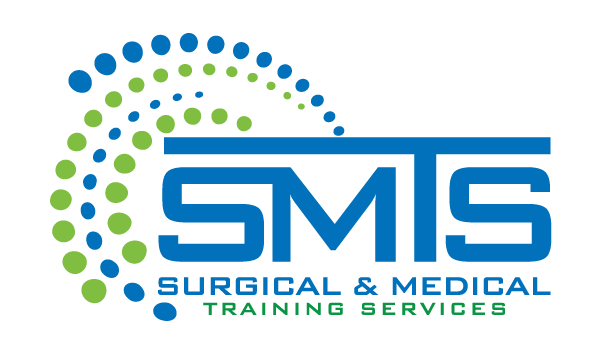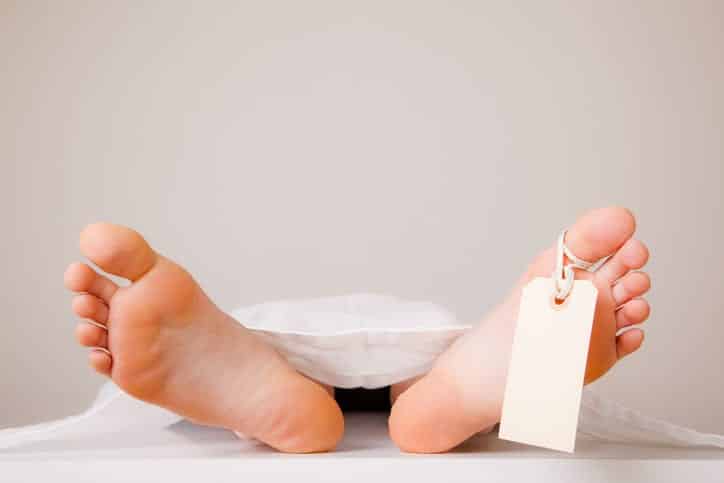Surgical simulation is a vital aspect of training residents in various specialties, including orthopedic surgery. This training provides exposure to surgical techniques, to the direct feedback of senior colleagues and peers. While simulation is valuable, the classic approach to surgical education is superseded by innovation in training modalities such as cadaver labs. According to research, the cadaver lab is a more objective tool than simulation, virtual reality, and animal models, and is attributed to the progression of surgical competency in orthopedic residents.
It is believed that sessions in a cadaver lab provide valuable surgical training that is only outdone by live surgery. Two procedures commonly performed in the cadaver lab include arthroscopy and arthroplasty, both of which require in-depth anatomical awareness not only of the structures of the knee joint but also of how they are manipulated during physical movement. Researchers have concluded that there is no way to accurately reproduce the complex aspects of joint replacements outside of the cadaver lab. Virtual reality simulation is included in this theory. But what about clinical practice?
In one recent study, researchers observed basic information regarding the use of cadaver laboratory practice in orthopedic surgery education. Researchers wanted to measure the value of cadaver training in the areas of implementation and trainee-interest. To do so, a survey was given to all orthopedic residents of the cadaver lab at the Italian Society of the Knee, Arthroscopy, Sports Traumatology, Cartilage and Orthopaedic Technology. Feedback was requested from just over 100 students who attended between 2013-2016.
According to data collected, 38 of 102 students returned their survey to researchers after the completion of their cadaver training. Of those 38 responses, 18 trainees focused their cadaver training on lower limb surgeries, and 20 focused on upper limb surgeries. 20 surgical trainees who had attended the cadaver lab (that’s 55.7%), perceived their skills training as extremely beneficial to their familiarity with surgical anatomy. Another 45.7% perceived their cadaver training as extremely valuable in their familiarity with a particular surgical technique. Finally, more than 60% of responses reported that cadaver training was very to extremely beneficial to their level of speed and confidence in the performance of orthopedic surgery.
SMTS – Surgical & Medical Training Services is proud to serve a variety of surgical and medical specialties with the cadaver lab setting they need to expand their skills. For more information on our labs and courses, call (888) 801-9444.

